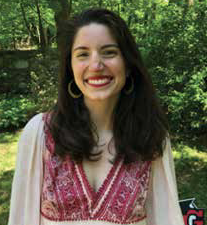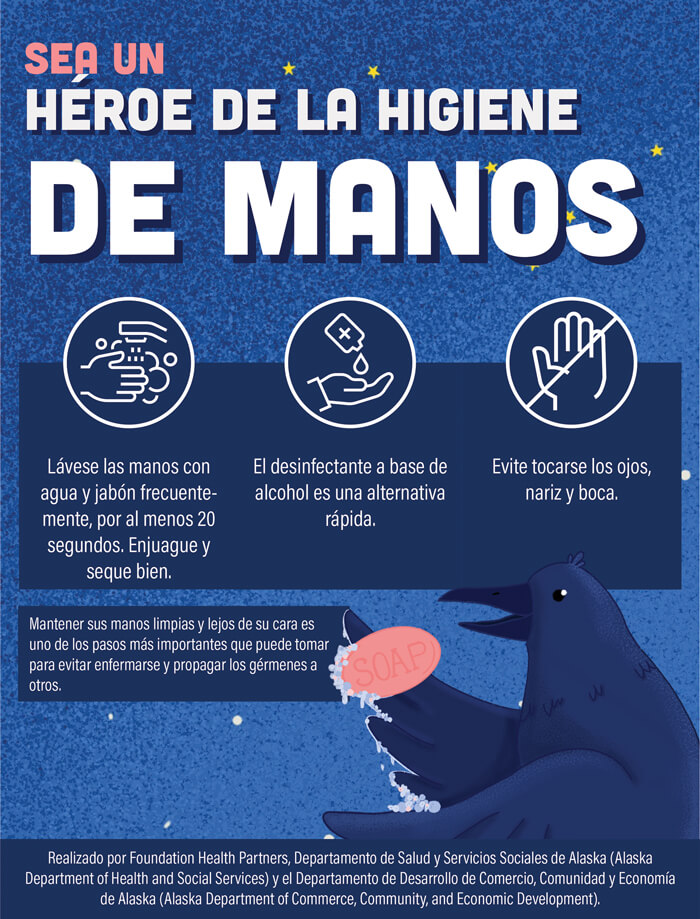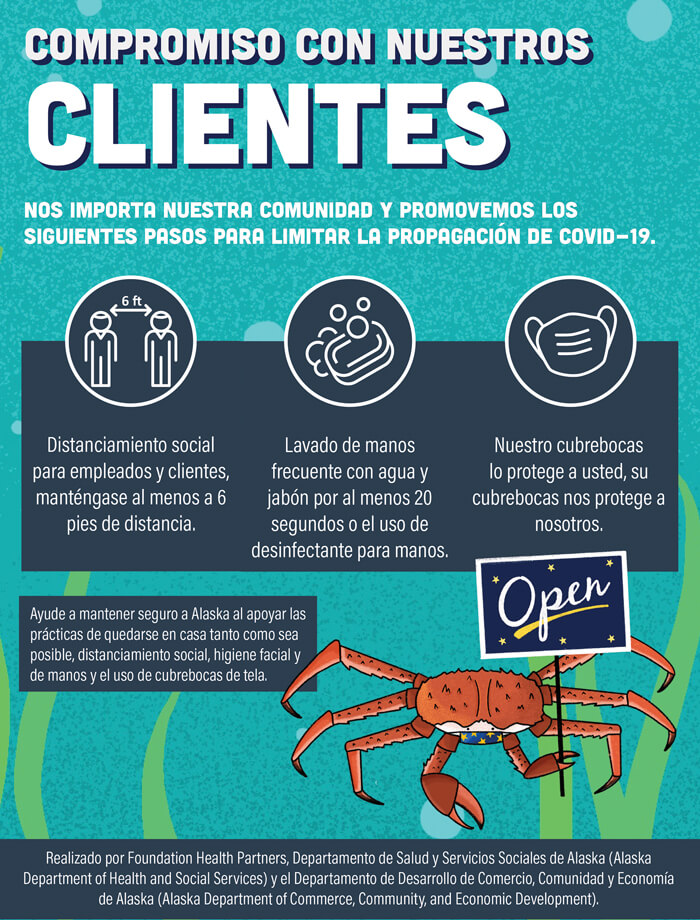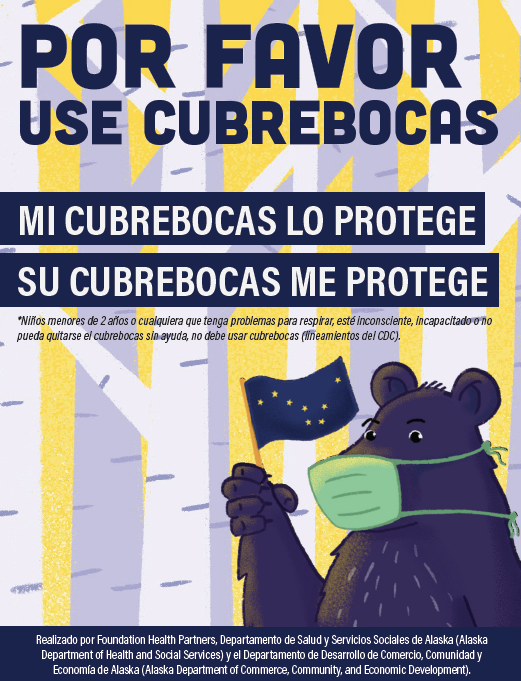|
|
Sabine Poux is originally from New York. She is a bilingual journalist, recently graduated from Middlebury College in Vermont, where she served as editor-in-chief of the student newspaper The Middlebury Campus. In addition, Sabine was part of the vocal ensemble Middlebury Mamajamas at the same institution. She has written for Seven Days and SFGate, and has produced community radio in Buenos Aires, Argentina. Sabine’s love for Alaska first originated in Anchorage, where she visited her aunt and uncle as a child.
|



